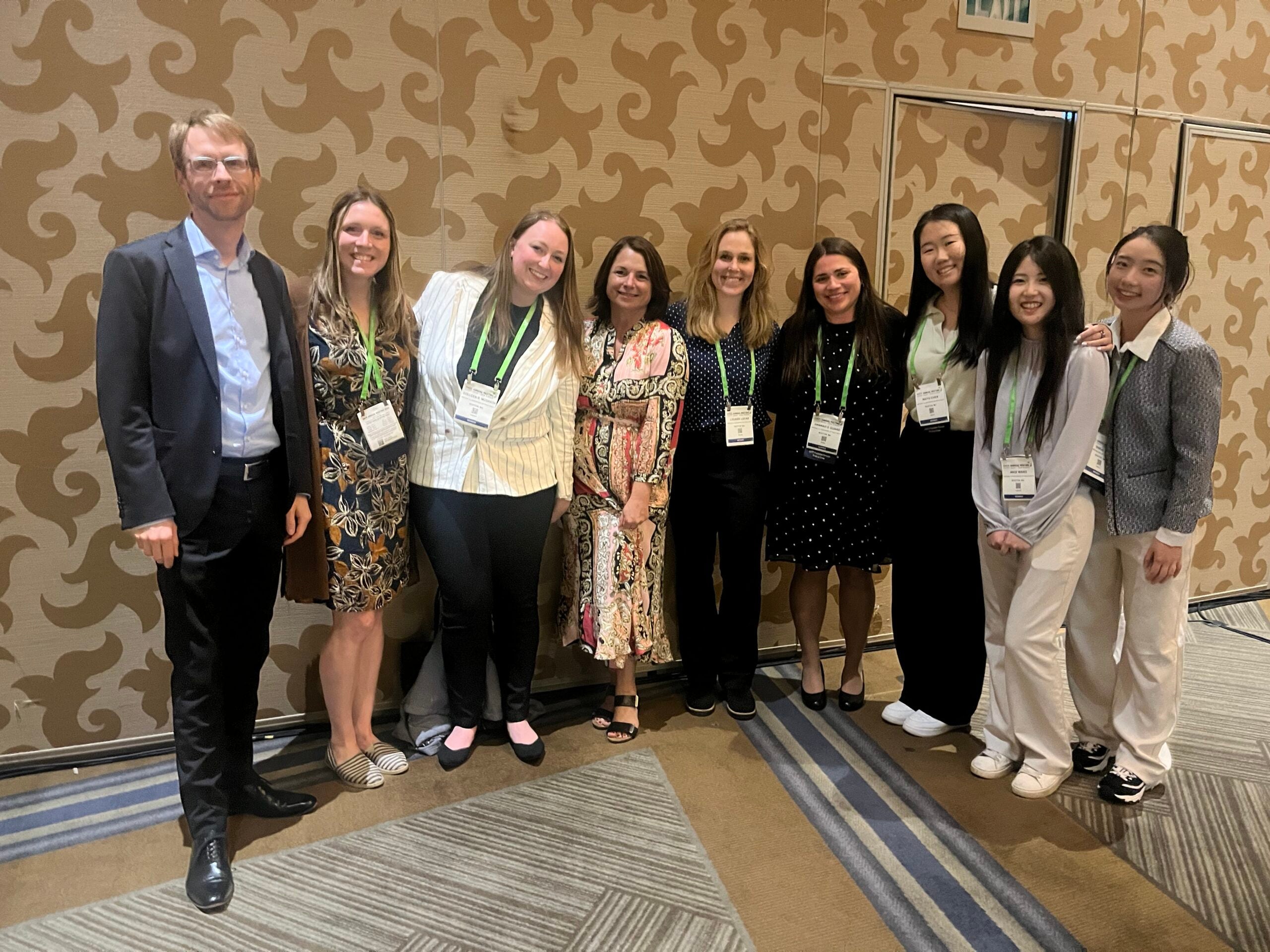Genitourinary Cancer Epidemiology Group
The Genitourinary Cancer Epidemiology Group is a dynamic group of students, researchers, faculty, and staff led by Dr. Lorelei Mucci. We investigate research questions focused on cancer etiology, mortality, and survivorship, particularly among individuals with prostate cancer and other genitourinary cancers.
677 Huntington Ave,
Kresge Building, Office 920E
Boston, MA 02115
Welcome to the Genitourinary Cancer Epidemiology Group!
Prostate cancer is the second leading cause of cancer death among males in the United States. Over 3 million people are living with prostate cancer in the United States, and approximately 180,000 are living with advanced prostate cancer.
With these widespread impacts, our group strives to understand factors that influence prostate cancer risk, mortality and survivorship, using data primarily from two prospective cohort studies: the Health Professionals Follow-Up Study (HPFS) and IRONMAN: An International Registry to Improve Outcomes in Men with Advanced Prostate Cancer.
In particular, we study how lifestyle, nutritional, genetic, and molecular factors influence the development and progression of prostate cancer and other genitourinary cancers.
Here are some of our major areas of interest:
What We Do
Our Research
The Genitourinary Cancer Epidemiology Group is interested in better understanding ways to support prostate cancer survivors during survivorship, with numerous projects ongoing. We investigate environmental, psychosocial, and lifestyle factors that influence health-related quality-of-life, comorbidity, and survival. We also explore how quality-of-life and well-being evolve over the course of survivorship.
The Genitourinary Cancer Epidemiology Group has multiple ongoing projects aimed at identifying and understanding the underlying mechanisms of modifiable risk factors for prostate cancer. These risk factors include diet, obesity, physical activity, and environmental factors. We are particularly interested in how these risk factors are associated with molecular subtypes of prostate cancer. Enhancing our understanding of these associations can lead to better prevention strategies for individuals at high risk of developing prostate cancer.
The Genitourinary Cancer Epidemiology Group investigates the role of germline and tissue-based genetic factors in prostate cancer etiology and prognosis. Our research spans various genetic factors, including polygenic risk scores (PRS), mosaic genetic alterations, epigenetics, and gene expressions.
Recent Publications
- Tumor Cholesterol Synthesis, Statin Use, and Lethal Prostate Cancer. Flanagan S, Lis RT, Huang Y, Jehane L, Vaselkiv JB, Allott EH, Finn SP, Lotan TL, Fiorentino M, Loda M, Lee GM, Chakraborty G, Kantoff PW, Mucci LA, Stopsack KH. Mol Cancer Res. 2025 Aug 5:10.1158/1541-7786.MCR-24-0864. doi: 10.1158/1541-7786.MCR-24-0864. Epub ahead of print. PMID: 40762635; PMCID: PMC12434729.
- Guideline-based physical activity and health-related quality of life among prostate cancer survivors: a target trial emulation in the Health Professionals Follow-up Study. Chen N, McGee EE, Nethery RC, Mucci LA, Dickerman BA. Am J Epidemiol. 2025 Jun 4:kwaf117. doi: 10.1093/aje/kwaf117. Epub ahead of print. PMID: 40462309; PMCID: PMC12303623.
- Long-term performance of the Gleason score in predicting metastatic and fatal prostate cancer. Lin Z, Stopsack KH, Fiorentino M, Vaselkiv JB, Gerke T, Pettersson A, Flavin R, Flanagan S, Kantoff PW, Lotan TL, Preston MA, Finn SP, Loda M, Penney KL, Mucci LA. Am J Epidemiol. 2025 Apr 29:kwaf080. doi: 10.1093/aje/kwaf080. Epub ahead of print. PMID: 40302103.
Lab Photos


Events
Support Harvard Chan School
Every gift contributes to our mission of building a world where everyone can thrive. To learn more about how you can support the Genitourinary Cancer Epidemiology Group, please contact Laura Barnes.